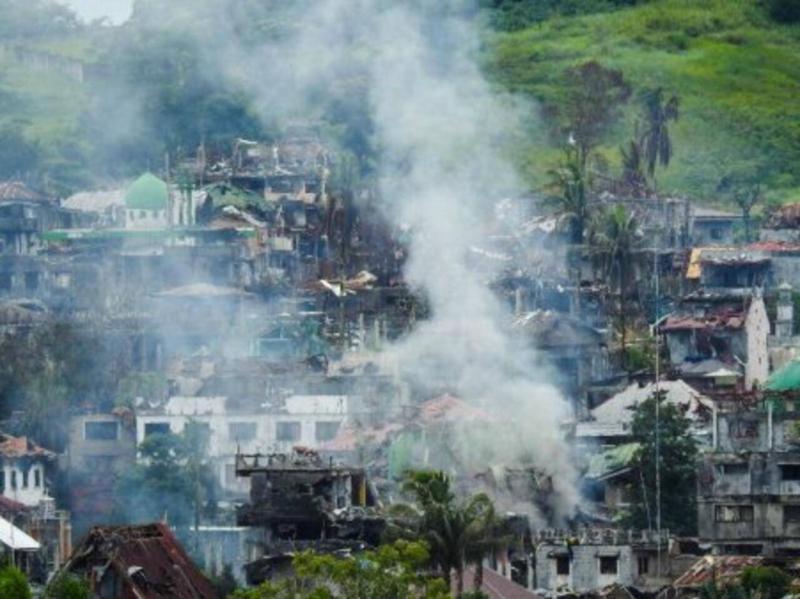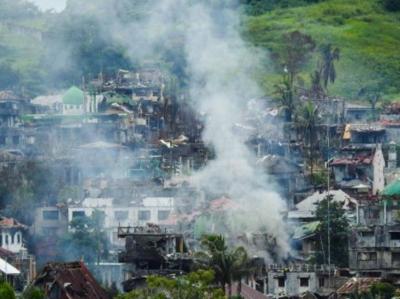Employees of Doctors Without Borders announced today, Friday, that medical relief workers can only provide a very small portion of the humanitarian needs in Gaza as conditions continue to deteriorate after nearly 15 weeks of war. They added that the lack of personnel and medical supplies, restrictions imposed by Israel, and the damage and dangers caused by military activities all make it extremely difficult to treat injuries, provide routine care, prevent disease outbreaks, and address increasing malnutrition. Enrico Valaberta, an intensive care nurse who returned from a Doctors Without Borders mission in Gaza yesterday, Thursday, stated, "Our impact is extremely low because there are about two million people in need of healthcare." He said at a press conference in Cairo, "What we are doing is a drop in the ocean compared to the existing needs."
Over one million people are crowded in the Rafah area near the border with Egypt, where they are shielded from the cold and rain only by tents made of plastic coverings. There is a shortage of food, medicine, energy, and fuel, with delayed assistance arriving from outside Gaza due to burdensome inspection systems and complications hindering the distribution of relief within the enclave. Helen Outtenz-Patterson, emergency coordinator for Doctors Without Borders, indicated that the organization has not been able to deliver aid to northern Gaza since November and that Israel is either rejecting or not responding to requests for access to areas throughout the sector.
She added, "We can sufficiently support our activities, but beyond that, I believe the situation is catastrophic. We need unhindered access to humanitarian aid as soon as possible, and we need a ceasefire to allow us to work properly." The United Nations has also complained about Israel's "systematic" refusal to allow access to northern Gaza, a problem it says has intensified this month. Israel has denied blocking aid entry. The Doctors Without Borders team reported that the lack of access to healthcare throughout Gaza has resulted in amputations performed without anesthesia or with insufficient anesthesia, women giving birth without medical assistance, and outbreaks of diarrhea and respiratory diseases without treatment.




